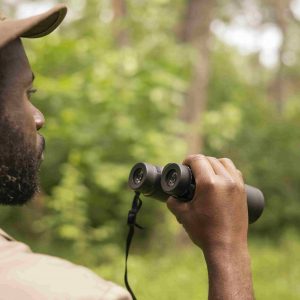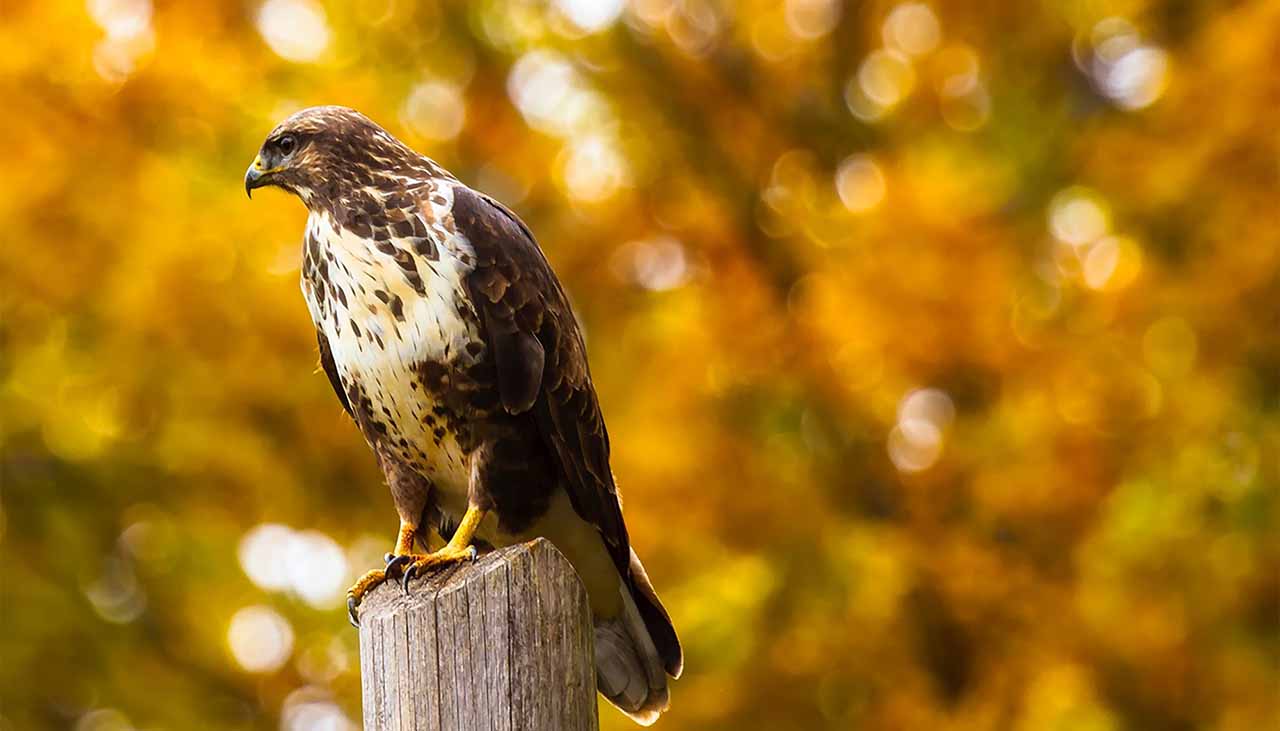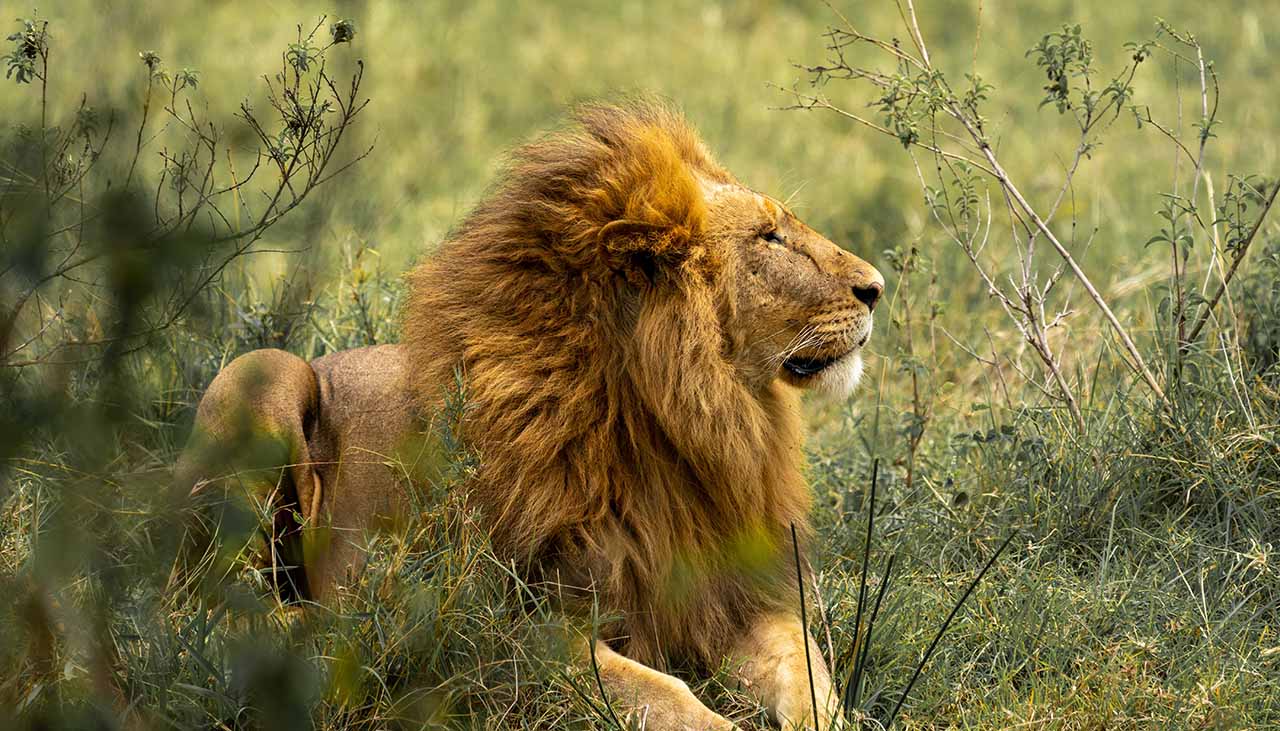For centuries, people have been hunting for food and to supplement their sources of income. But hunting is about more than just providing sustenance; it’s a way for cultures around the world to connect with nature and each other. It can be an intimate experience shared between family members, or a community-wide effort that unites groups of people on a common journey towards success. The cultural significance of hunting goes far beyond the practical — it’s embedded in traditions, beliefs systems, myths and ceremonies that often form deep emotional bonds between hunters, past generations, and future generations alike. In this blog post, we explore why hunting has become such an important part of our culture and how it continues to shape lives around the world today.
History of hunting as a means of providing food and sustenance
Hunting has been an integral part of cultures worldwide for thousands of years. For many indigenous peoples, hunting provided a critical source of food. It also had spiritual significance, with hunters often invoking the spirits to aid in the hunt and honoring their prey with rituals or taboos. In some cases, it was used as a way to demonstrate manhood or bravery – such as when warriors went on dangerous hunts.
Overview of different types of hunting
The most common type of hunting is still done with firearms or bows and arrows, but there are other methods as well such as trapping, snaring, and stalking. Each method requires its own set of skills and equipment; additionally, they present unique challenges in terms of safety and sustainability.
Impact of hunting on the environment and animal populations
Hunting has both positive and negative effects on animal populations. In some cases, it can help regulate their numbers and prevent overpopulation from causing environmental damage – however, if done in an unsustainable manner, it can also lead to significant declines in population size. Therefore, hunters need to understand their local ecology and use ethical harvesting practices that minimize impacts on the environment.
Cultural influences on hunting practices
The cultural traditions surrounding hunting often vary widely from place to place. For example, some cultures may have specific taboos about handling animals or using certain tools during a hunt; others may connect it with spiritual rituals or consider it an act of bravery or manhood.
The significance of hunting in today’s society
Though hunting has declined significantly in industrialized countries, it is still an important part of many cultures worldwide and often contributes to conservation efforts. Responsible hunters play a vital role in maintaining healthy animal populations, protecting habitats, and reducing human-wildlife conflicts. Additionally, it can bring people closer to nature and provide both physical and mental benefits such as improved fitness levels and stress relief.
Different approaches to ethical hunting and sustainability
For the practice of hunting to remain sustainable, we need to ensure that our practices are respectful of both the environment and the animals we hunt. This means using appropriate tools, techniques, regulations, and resources. For example, hunters should be aware of the local bag limits and closed seasons that are put in place to help protect animal populations, as well as the ethical methods for harvesting game animals. Additionally, we need to ensure that our hunting practices do not negatively impact the environment – such as by using lead-free ammunition or avoiding hunting near water sources. By taking a responsible approach to hunting, we can ensure its sustainability for generations to come.
Hunting culture today
The modern-day hunter looks much different than the traditional Native American or Inuit hunters of old. Today, hunting is more about making memories and connecting with nature than it is about providing sustenance. The popularity of camping has increased dramatically in recent years, as more people look to escape from the hustle and bustle of everyday life and reconnect with nature. Additionally, hunters have access to a wide range of gear, such as high-tech scopes and camo clothing that help make their experience more comfortable and enjoyable.
Conclusion
Though its methods and practices have changed significantly over the years, hunting still carries an important cultural significance. It can provide physical and mental benefits, help regulate animal populations, and provide a connection to nature. By practicing responsible hunting techniques, we can ensure that this activity remains sustainable for generations to come.
Final Thought
Hunting has been part of human culture for thousands of years, connecting us with nature and providing sustenance as well as spiritual fulfillment. As long as we continue to practice ethical harvesting methods that are respectful of both the environment and the animals we hunt, this activity will remain a part of our culture for many years to come.





